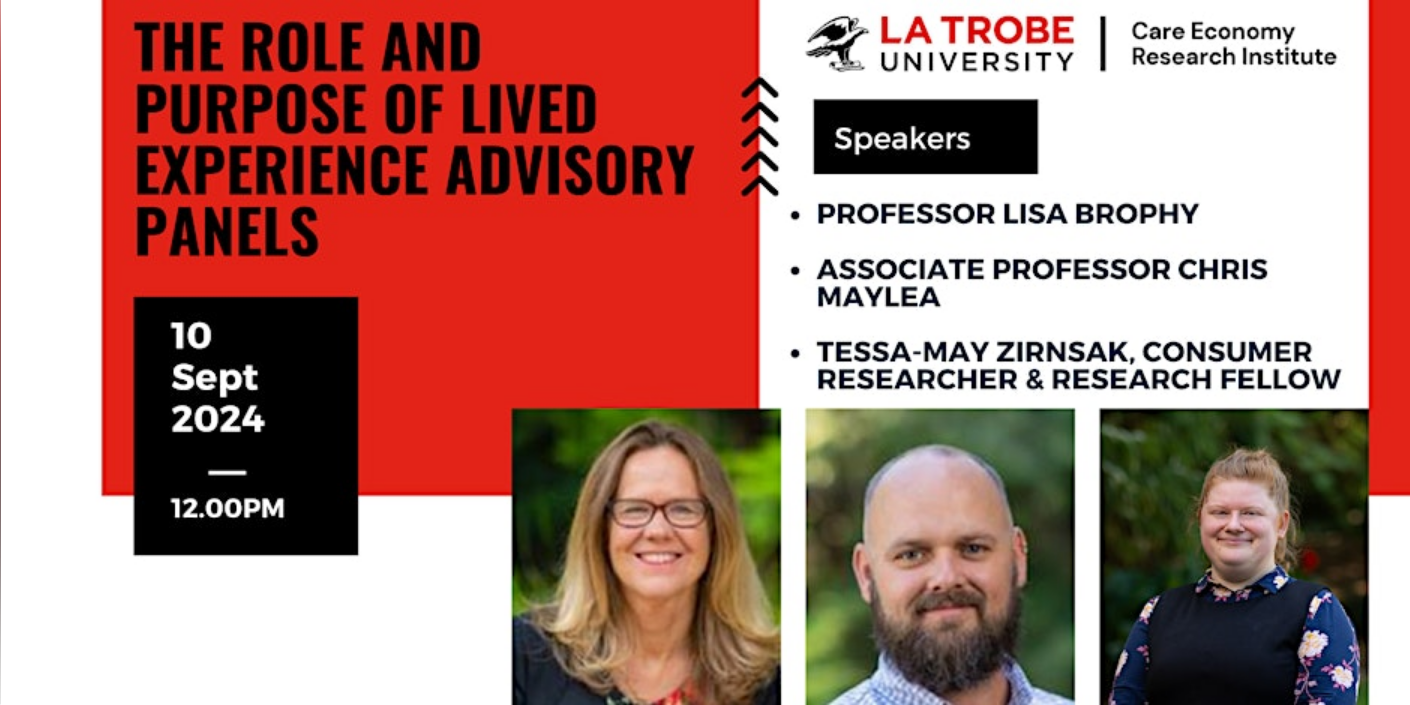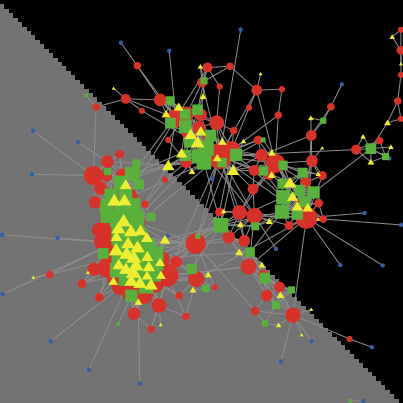Hosted by the Sydney Centre for Healthy Societies, this timely event will bring together experts from the diverse corners of the field of migration studies to consider the complex and dynamic relationship between care and harm in international migration. Scholars of migration have documented the multivarious forms of harm that arise from the systems, institutions and interactions surrounding the movements of people across borders. Researchers have also explored the many forms of local and transnational care that are created by, or persist despite, international migration. In this event, we explore the ways care and harm are interwoven, interdependent and mutually constitutive in diverse migration contexts. Relationships of care (for example, between migrants or between migrants and ‘allies’ in civil society) may arise in response or resistance to the harms imposed by exploitative policies and practices. Equally, policies and practices that appear to be ‘caring’ may reproduce, obscure or naturalise harm, at times perpetuating the very inequalities and injustices they purport to address. Grounded in diverse settings including immigration detention, aged care, temporary labour migration schemes, the family home, and media platforms, the speakers will present brief talks drawing on their specialist research. The speakers will then come together for a panel discussion of harmful care, careful harm, and the […]



